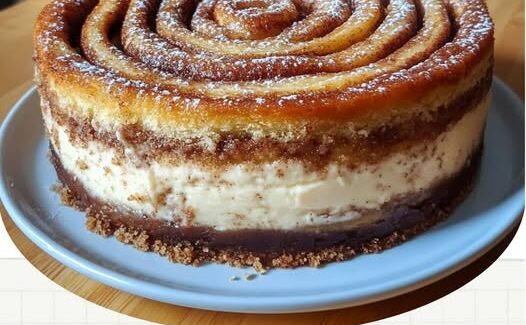
Step 4: Check for Doneness
After 15–30 minutes of boiling:
- Use the cold plate test: place a small spoonful of jam on a chilled plate. Wait 1 minute and run your finger through it. If it wrinkles and holds shape, it’s done.
- If using a thermometer, the jam should reach 220°F (104°C).
Step 5: Fill the Jars
- Sterilize jars by boiling them for 10 minutes or washing them in a dishwasher on the hot setting.
- While still hot, ladle the jam into jars, leaving 1/4 inch of headspace.
- Wipe rims clean, seal with lids, and tighten bands.
Step 6: Process the Jars (Optional for Long-Term Storage)
- To ensure shelf stability, process jars in a boiling water bath for 10 minutes.
- Remove and let them cool undisturbed for 12–24 hours.
- You’ll hear the lids “pop” as they seal.
Storage and Shelf Life
- Unprocessed jam (simply refrigerated): lasts about 3 weeks.
- Properly processed jars: store in a cool, dark place for up to 1 year.
- Once opened, refrigerate and consume within a month.
Jam Variations to Try
- Strawberry Basil Jam: Add chopped fresh basil just before jarring.
- Peach Ginger Jam: Add grated ginger for warmth and zing.
- Mixed Berry Jam: Use equal parts raspberries, blackberries, and blueberries.
- Apple Cinnamon Jam: Great for fall — use apple chunks and ground cinnamon.
Conclusion
Homemade fruit jam is a perfect blend of nostalgia, creativity, and practicality. It’s more than a spread — it’s a memory, a story, and a taste of the seasons captured in a jar. With this easy-to-follow method, you can turn your favorite fruits into a sweet treat that brings joy year-round. So grab some fruit and a spoon — your jam-making adventure awaits!








No Responses Yet